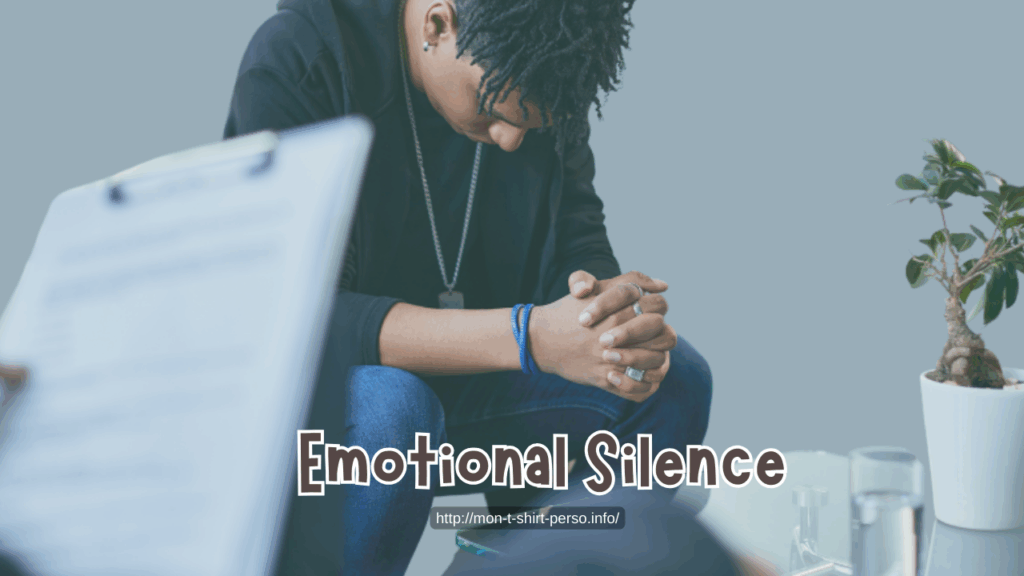
Emotional silence often feels safer than speaking out. Many people struggling with addiction or mental health challenges keep their feelings bottled up, believing that no one will understand or fearing judgment if they open up. While silence may seem protective, it often deepens feelings of isolation and fuels unhealthy coping mechanisms such as substance use. Breaking free from emotional silence is more than a step toward better communication. It is a path to stronger mental health and long-term recovery.
At [Name of Website], we know that healing begins when individuals feel empowered to express their emotions in a safe and supportive environment. Our programs are built to help clients not only find their voice but also use it to build resilience and lasting change.
Why Emotional Expression Matters in Recovery
Addiction often thrives in secrecy. The inability to process or share emotions can lead to shame, guilt, and cycles of self-destructive behavior. By encouraging honest expression, clients begin to replace silence with self-awareness and healing.
The Benefits of Breaking Silence
- Relieves emotional pressure: Talking about feelings reduces the internal weight of carrying pain alone.
- Improves relationships: Sharing openly fosters trust and connection with loved ones and peers.
- Strengthens coping skills: Expression allows individuals to face stressors head-on instead of turning to harmful substances.
- Supports accountability: Open dialogue with counselors and support groups provides guidance and encouragement.
Creating Safe Environments for Open Dialogue
Healing requires spaces where people feel heard, respected, and free from judgment. A supportive environment is the foundation for breaking through silence.
How We Build Safe Spaces
- Compassionate care teams: Staff are trained to listen with empathy and provide nonjudgmental support.
- Confidential counseling: Clients can share openly knowing their privacy will always be respected.
- Holistic approaches: Therapy methods such as art, journaling, and mindfulness create new ways to express emotions beyond words.
- Faith-based support: For those seeking spiritual guidance, prayer and reflection can bring comfort and strength.
- Tailored treatment: Every individual is unique, and their treatment plan must reflect their personal journey.
Practical Steps to Find Your Voice
Breaking emotional silence does not happen overnight. It is a gradual process that grows with consistent practice and trust.
Ways to Begin Expressing Yourself
- Start small: Begin by sharing a thought or feeling with a trusted friend, family member, or counselor.
- Use creative outlets: Art, music, or writing can help express emotions when words feel too heavy.
- Join group therapy: Hearing others’ stories often makes it easier to share your own.
- Practice mindfulness: Identifying emotions in the moment can make it easier to talk about them later.
- Seek professional guidance: Trained counselors can help you process emotions safely and constructively.
Stepping Into Strength Through Expression
Silence may feel safe, but it rarely supports true healing. Choosing to express emotions is not a weakness but a profound act of courage. By speaking openly, individuals create space for growth, healthier relationships, and a stronger foundation for recovery.
At http://mon-t-shirt-perso.info/, we are committed to helping you find your voice through personalized, holistic, and compassionate care. Whether you are beginning your recovery journey or seeking new ways to strengthen your mental health, our team is here to guide you every step of the way.
If you are ready to take the next step, reach out today. Breaking free from emotional silence could be the first breakthrough on your path to long-term healing.
0 Comments